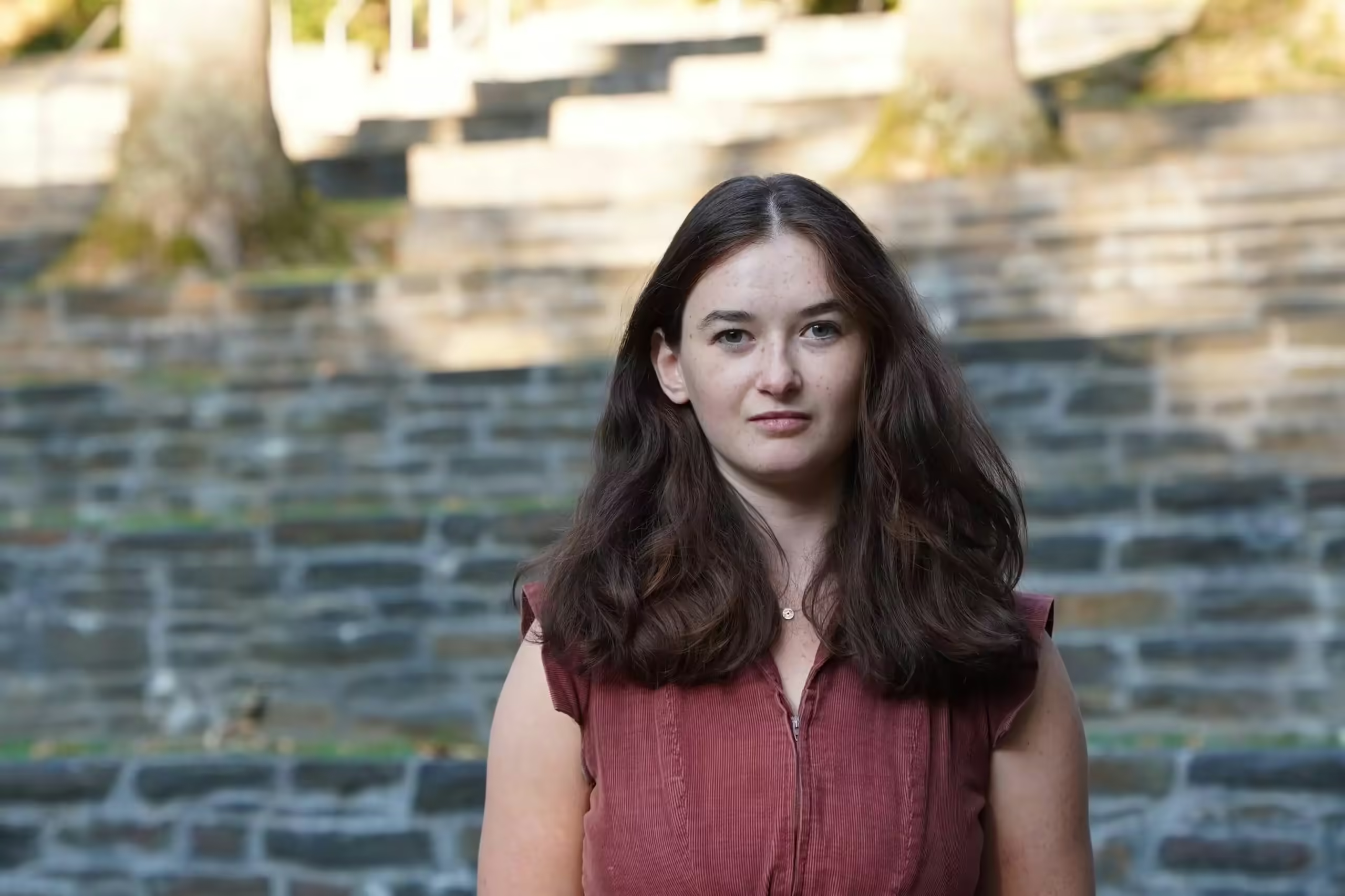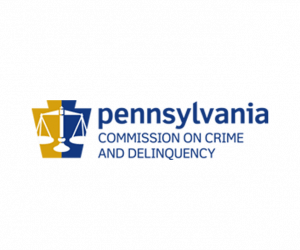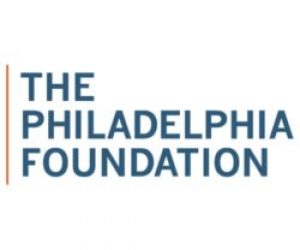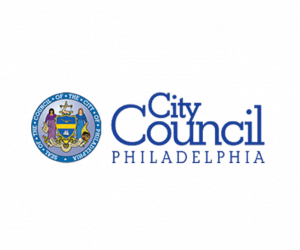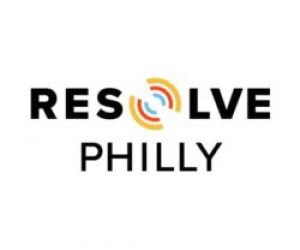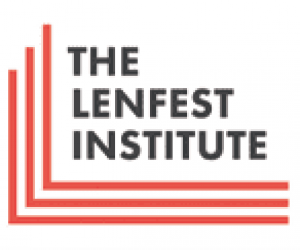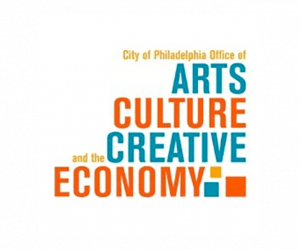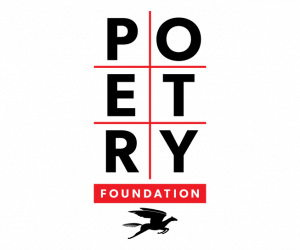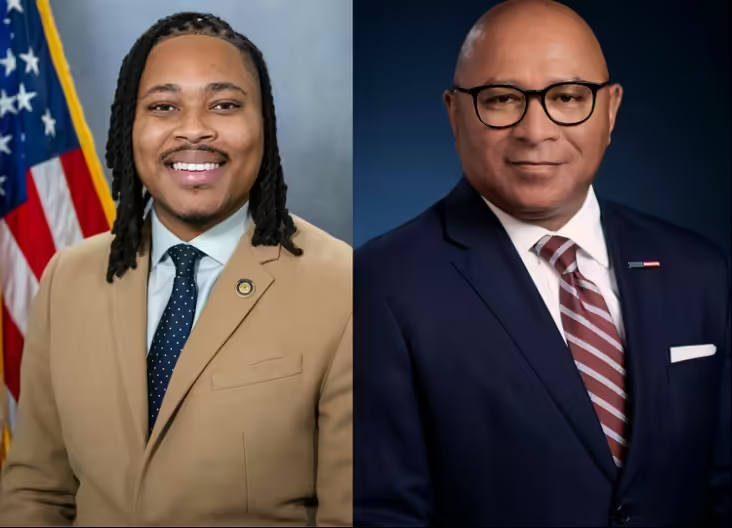
By Lucy Tobier
The auditor general, a critical Pennsylvania state-level position, is up for election this year on November 5th. While not directly involved in writing policy, the auditor general investigates and reports on misuses of state tax dollars and loopholes. The office of the auditor general publishes these reports on their website, and works to process submissions alleging misuse of tax dollars.
Auditing across the state helps to ensure our tax dollars are spent efficiently, an issue brought up by Philadelphia citizens in interviews outside City Hall by Love Now Media’s team of youth reporters. “I pay a lot of taxes,” said Raheem. “If you could use it and not really pocket it, you can help us when we need different resources. As I said before, in the Black community, we got a bad environment – a lot of trash. You could set up more bus stops, more trash cans, and places to chill and hang out.”
Others saw the importance of voting in elections, such as the auditor general race, for impacting how government agencies run and can use tax dollars. Valarie stressed the importance of young people, specifically, educating themselves on candidates and platforms to push for laws such as prison reform..
“I think voting is very important, especially [in] the smaller elections,” she said. “You should definitely get out to the polls and vote because it impacts your personal life. These are things you’re involved in day-to-day, like taxes, [and] cleaning the streets.”
This year’s candidates for the role of auditor general are Tim DeFoor (R), who focused on transforming the office’s culture and increasing financial literacy and transparency, and State Representative Malcolm Kenyatta (D), who hopes to restart annual school audits and expand worker protections.
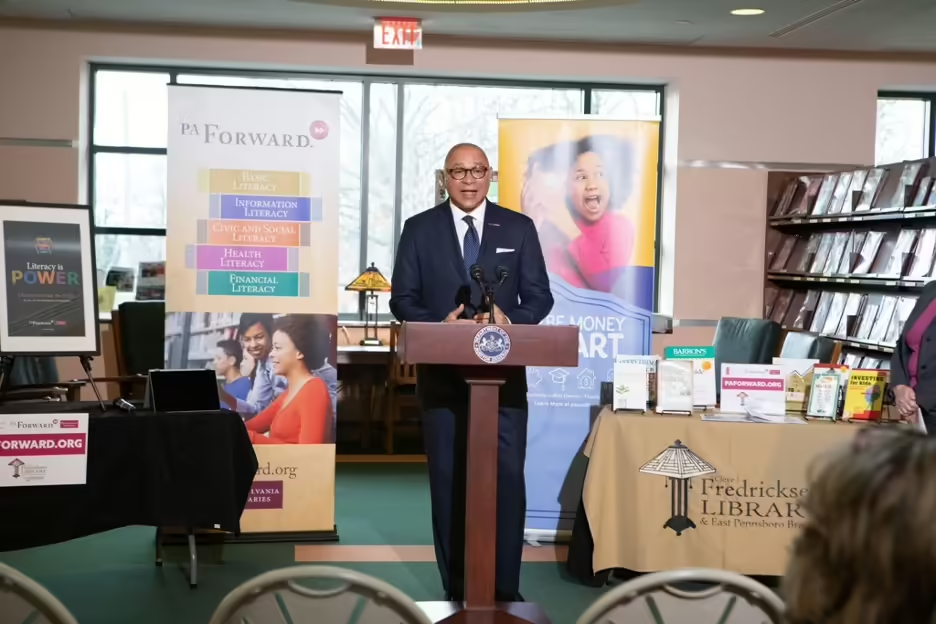
An Incumbent with a Vision for Philadelphia’s youth
As the current auditor general, DeFoor has focused on engaging students about the importance of financial literacy by visiting schools across the state for the Be Money Smart Financial Literacy Initiative. Graduating seniors take a half-credit financial literacy class as part of the initiative. Although DeFoor worked during his term to increase transparency – putting audits on the office’s website – he believes government transparency could be improved. During his tenure, DeFoor closed the School Audit Bureau and moved audits to the Department of Education.
He has also worked on having an “open-door policy,” and met with organizations and young people to share what the office of the auditor general does. “I’m not a legislator, so I don’t create laws. I’m a law enforcement officer and an auditor. But one of the things that we have to do, we have to listen to others,” DeFoor said. “Whether you’re Gen Xer or from another generation, you have to listen about what future generations are going to need in order for them to do better than their parents. We have to listen to what they want. Then we have to act on it. We just simply can’t ignore it.”
According to his campaign website, if elected for a second term, DeFoor hopes to focus more on auditing healthcare spending and forensic audits, which are focused on past financial records. Any other ideas for improvement will come from office employees; DeFoor, who worked as an investigator in various roles for thirty years, encourages young people to apply for open positions.
He says, while traditionally not part of the role of auditor general, preparing the next generation to lead is critical for him. As part of this, DeFoor promises to continue the financial literacy initiative and meet with the Pennsylvania Youth and Government, a student-run and student-led model government that trains youth as servant leaders.
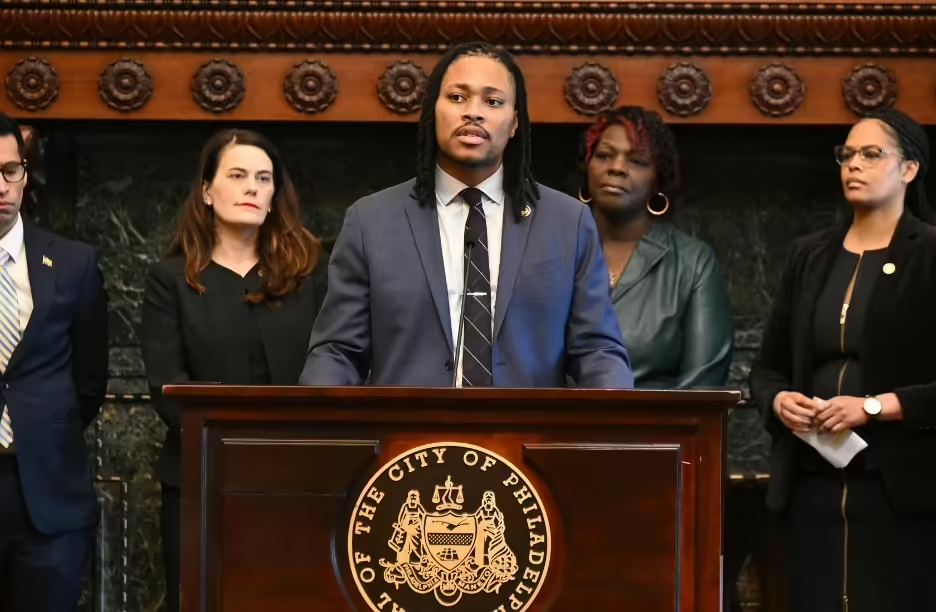
A New Vision for the Role of Auditor
State Representative Kenyatta – representing District 181 in Philadelphia – hopes to bring changes to the role of auditor general by restarting the annual school compliance audits that incumbent DeFoor stopped. On his website, Kenyatta also expresses his desire to start a Bureau of Labor and Worker Protection focused on wage theft and union busting.
“I will use the office to support efforts to make our communities healthier and safer,” Kenyatta’s campaign website wrote. “We need transparency on how large hospital nonprofits and long-term care providers use state dollars. We must analyze our approach to community safety and gun violence reduction to target investments in strategies that effectively reduce crime, particularly gun crimes.”
Kenyatta has not held any accounting or auditing roles prior to this one, but has worked on budget appropriations as a state Representative and served on committees such as the House Finance and Commerce committees. In an interview with the Penn Capital-Star, he pointed to past legislation, such as anti-hunger initiatives at colleges and state licensing reform, as evidence of his ability to “advance good ideas, in whatever format that is possible.” Neither law passed as a standalone bill, but their provisions were incorporated into other measures. Kenyatta and his team did not respond to interview requests from Love Now Media.
Do Their Dollars Make Sense?
In January 2023, DeFoor sparked controversy with an audit of a dozen school districts, arguing that they raised property taxes while withholding funds. In response, he recommended that the law require districts to use all cash before raising taxes. Critics said the audit lacked understanding of the school budget process, and that it was standard to put money toward fund balances. While schools remain underfunded, they said, DeFoor should have focused on auditing cyber charter schools, which have fewer state regulations.
DeFoor stands by the audit, arguing that the school districts found a loophole that cut taxpayers out by raising taxes while holding reserves.
On the other hand, Kenyatta has called for school audits to return to the auditor general’s office, even selling “brat” themed merchandise to promote the policy. While the school audits don’t directly influence education budgets, any future reports about how schools are using funds could change how taxes are raised or legislation is informed.
DeFoor says he is satisfied with everything the office under him has done in the past and is committed to continuing the office’s work as the law dictates. In previous interviews, he has expressed disappointment at national politics being brought into auditor general election discussions, saying, “if the citizens of this Commonwealth give me another opportunity to do right by them, I will continue to work to make the Department of the Auditor General a legitimate auditing shop, not an office utilized for future political aspirations. I will continue to work on process improvements throughout state government, implement risk-based approaches to auditing, and provide transparency for taxpayers.”
Kenyatta is hoping to bring in changes and has continuously referenced his “vision” as a guiding motivator for the role: “Tim DeFoor has failed, I won’t. Tim closed the Bureau of School Audits, I’ll reopen it. Tim has been asleep at the wheel, I’ll lead this department with the vision it demands.” (quoted in the Penn Capitol-Star).
While it might seem like a bureaucratic and private job, the ideas an auditor general brings to his role have an impact on how money is dispersed in Pennsylvania. The decisions about how much is spent on schools, street cleaning, and when taxes are raised all depend on audits and reports. As an economics student, becoming informed about how tax dollars are spent – especially at the local level, where the most direct impact is felt – is crucial for me, in and out of the classroom.
Election Day is Nov. 5th. In addition to DeFoor and Kenyatta, three third-party candidates are on the ballot: Alan “Bob” Goodrich of the Constitution Party, Libertarian Reece Smith, and the American Solidarity Party’s Eric K. Anton. More voting guides can be found here, including how to check your registration status and find your polling place.
This is the second in a series of articles focused on Gen Z’s civic priorities and their participation in the 2024 Presidential Election. The project aims to bridge the gap between young Philadelphians and the issues that impact their lives, ensuring that their voices are heard and valued in the public discourse.
The series is a part of Every Voice, Every Vote, a collaborative project managed by The Lenfest Institute for Journalism. The William Penn Foundation provides lead support for Every Voice, Every Vote in 2024 and 2025 with additional funding from The Lenfest Institute for Journalism, Comcast NBC Universal, The John S. and James L. Knight Foundation, Henry L. Kimelman Family Foundation, Judy and Peter Leone, Arctos Foundation, Wyncote Foundation, 25th Century Foundation, and Dolfinger-McMahon Foundation. To learn more about the project and view a full list of supporters, visit www.everyvoice-everyvote.org. Editorial content is created independently of the project’s donors.


